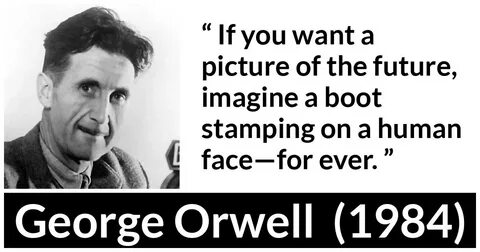Morality is a human phenomenon, to the extent that we can know, because we are the only species that can communicate the ideas of morality to us. It isn’t a fact of nature, but a fact of human nature. Morality exists, to the extent that we know, to humans only and human morality is the only morality that we can know. It is not a phenomenon of the physical world, like gravity, that applies to all things, but of our genetic coding (I know, DNA is actually a physical thing, but you get the point), that applies only to us. Because all species have different, or at least, unknowable levels of propertarianism, and objective morality stems from property, inter-species rights can not exist.
In that case, you can get a moral absolute if all humans agree on it. Better put, you can get a moral absolute if it is not possible for humans to disagree. In the case of property, it is impossible for anyone to disagree that their property should not be violated. That’s what non-consent is: the denial that one’s property should be used by others. It is impossible for any human to disagree that their property should be used against their will. All humans that have lived, live or will live, did, do and will agree that their property should not be violated.
For clarity, people can say that they disagree, but what they say and what actually is can be different things. Manual to Humanity puts it like this, “Assume a man who ardently rejects the notion of property, Tom, is sitting in the park. If Bob punches him in the face, Tom will either consent or not consent to being punched. Tom must, as a condition of being human, consent or not consent. Consenting or not consenting is an involuntary reaction among humans. Even if Tom doesn’t act, he still must consent or refuse consent, even if only in his mind. If, even as an emotional reaction, he objects to being punched, then he is refusing consent. If he has a negative emotional response, but is more dedicated to his beliefs than he is opposed to the punch, then he consents. If he agrees to be punched, even on an emotional level, he consents. If he does not agree to be punched, even on an emotional level, he refuses consent. If he doesn’t want to be punched, but does want to demonstrate his anti-property philosophy more than he objects to the punch, he consents“.
Every human being agrees that their property should not be violated. One may agree that their property should not be violated, but also advocate that someone else’s property should be violated. However, in the definition of moral absolutism described above, it is impossible for all humans to agree (and, therefore, cannot be a moral absolute) to the extent to which the property of others should be violated, and all of the others will disagree, absolutely, that their property should be violated. On top of that, there is no fundamental, logical path that leads to the morality of property violation.
In short, property exists among humans (reference the link to Manual to Humanity, above). All humans either consent or deny consent to the use of their property by others. The denial of consent to the use of one’s property by others is a moral statement that others ought not violate their property. Property is ubiquitous to all humans and all humans agree that their property ought not be violated, and that is an objective, moral absolute that passes the Hume’s Is/Ought Problem.



